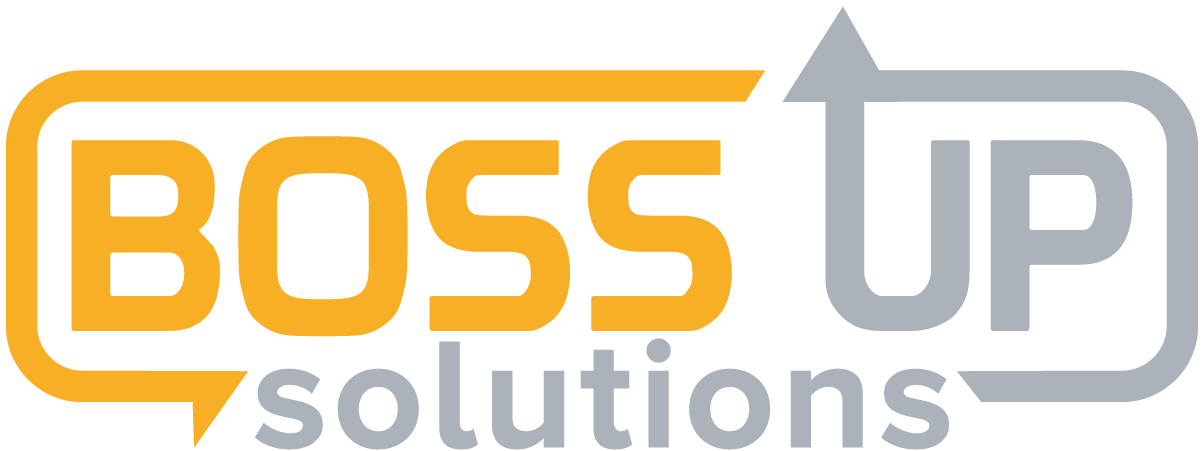Carriers Push Back Hard
Insurance companies deny and delay legitimate claims, costing you thousands.

Hybrid AI + Human Claims Team
don't be a little boss...
✅ Get paid quicker.
✅ Zero paperwork hassle.
✅ Get paid more.
✅ Focus on building.
Limited Time: *Buy Xact360 for $175 → We upgrade you to Supplement360 (normally $425) FREE
💰 $250 SAVED - on first submission
Over 1 thousand top performers and teams trust Boss Up Solutions
Experience the perfect blend of AI efficiency and human expertise. Our team
handles everything so you can focus on building and growing your business.
Join hundreds of contractors who've already boosted their profits with our AI + Human approach.
Simply click the mic and get assistants now - anytime! (enable mic)
Every day you handle claims the old way is money lost. Here's what's costing you:
Insurance companies deny and delay legitimate claims, costing you thousands.
Manual estimates miss line items, code upgrades, and hidden damage opportunities.
Other companies charge percentages, eating into your hard-earned profits.
You’re stuck doing admin work instead of selling jobs and managing crews.
The average roofing contractor loses tens of thousands annually to underpaid claims, missed opportunities, and time wasted on paperwork. It doesn't have to be this way.
End-to-End Supplements
$425
Complete Estimate Package
$175
Your Back Office, On Demand
$2500/mo.
Complete Package
$3000/mo.
Visit 360.bossupsolutions.com and create your account

Select from Xact360, Supplement360, Assistant, or ONE Solution

Sit back while we get you paid quicker and for more

Denial to Big Approval
"A $500 repair became a $64,000 claim. Our fee? $425."
$63,575 recovered
Supplement Success
"A $12,000 claim closed at $18,000 within 3 weeks."
$6,000 additional
Proven System
"Contractors using Boss Up consistently recover thousands more per job — roofing, siding, windows, doors."
Consistent Results
Type of Loss Fixed
"Had a loss labeled "mold" due to limits we got only $10k Got coverage changed to "storm" - Net Claim $83k. Our fee? $425."
$63,575 recovered


Have questions? We’ve put together answers to the most common topics about our roofing services, process, and support. If you don’t see what you’re looking for, our team is always ready to help.
Roofers build. Boss Up handles the rest.
Estimates, supplements, claims, assistants — done for you.
So you can focus on sales, crews, and growth
Ready to boss up your roofing business?
Join hundreds of contractors already maximizing their claims recovery

don't be a little boss...
Copyrights 2025 | Boss Up Solutions™ | Terms & Conditions | Privacy Policy | Refund Policy